The last thing you’ll want to get during your next adventure trip is a bite from a wild, exotic critter. Apart from the discomfort caused by the itching bitten area, a single bite or sting of some insects can also be lethal.
Of course, fighting for your life is not the kind of adventure you crave for, but this might just be the case if you are travelling and you are a hundred miles away from the nearest hospital. But it’s a whole different story if you have some first aid know how for the different types of bites / stings. Here’s the basics:
If Stung by Wasps or Bees
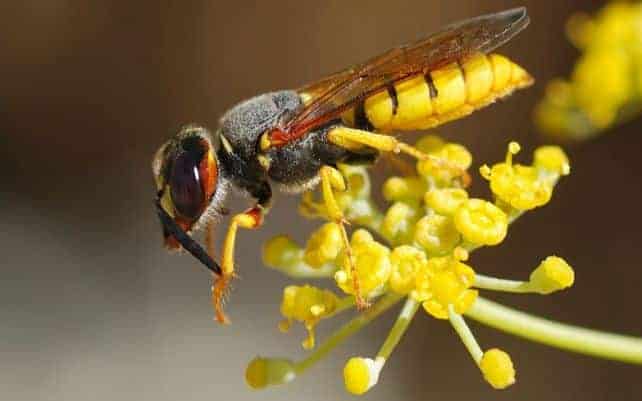
Use a damp cloth or ice pack to ease the sting you are feeling sore.
If bitten by Ticks
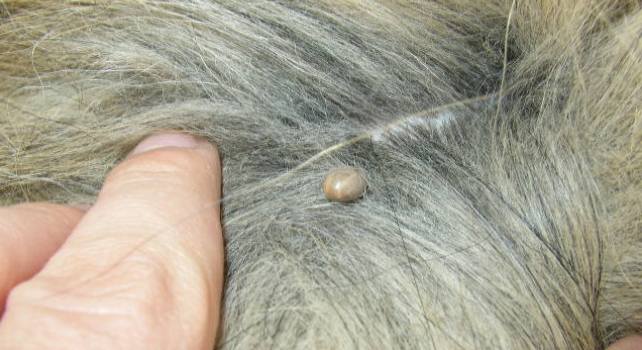
You have to observe yourself if you start feel feverish or see some rashes forming, as ticks can carry diseases.
If bitten by Leeches
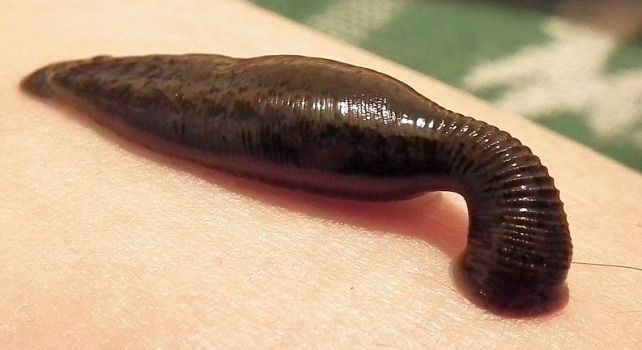
Get something like salt, vinegar or alcohol – whatever is handy at the moment. Just pour any of these onto your skin and the leech will voluntary let go. Apply some antiseptic around the area and put on some pressure on your wound until it stops bleeding.
If stung by Jellyfish
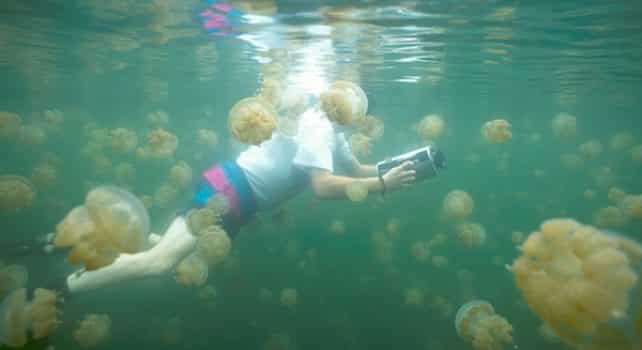
Once you are certain you got everything removed, pour some vinegar on the affected area. This will stop the venom from stinging even more. Don’t rub the affected skin and don’t wash it with water. Seek medical help.
If bitten by snakes

A Very important reminder though, if you have been bitten on the throat or mouth and if you feel you cannot breathe well, sweating very hard or your pulse is erratically fast, forget administering first aid on your own, seek out medical help right away.
Even with all the first aid tips listed above, it is still best to call medical attention once first aid has been administered.





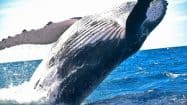

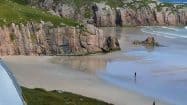


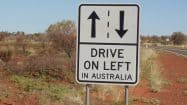



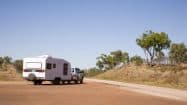
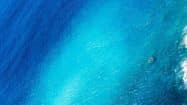







![Big Spender To Backpackers [infographic]](https://www.holidaypoint.com.au/wp-content/uploads/2014/03/GIO_BigSpendertoBackpacker_v3-e1394504863732-187x105.jpg)

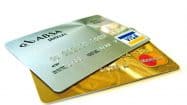

![For The Love Of Bbq [infographic]](https://www.holidaypoint.com.au/wp-content/uploads/2014/01/GIO_AussieBBQ_v2-e1390559463404-187x105.jpg)
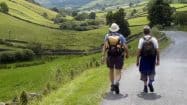
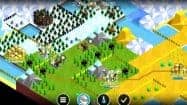
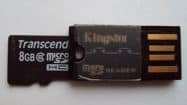

![Cities Of The Future [infographic]](https://www.holidaypoint.com.au/wp-content/uploads/2013/11/geek-travel2-e1384167225628-187x105.jpg)
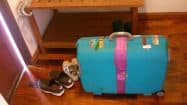



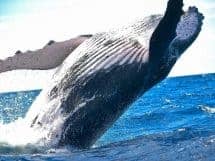





Do You Have a Question to Ask?